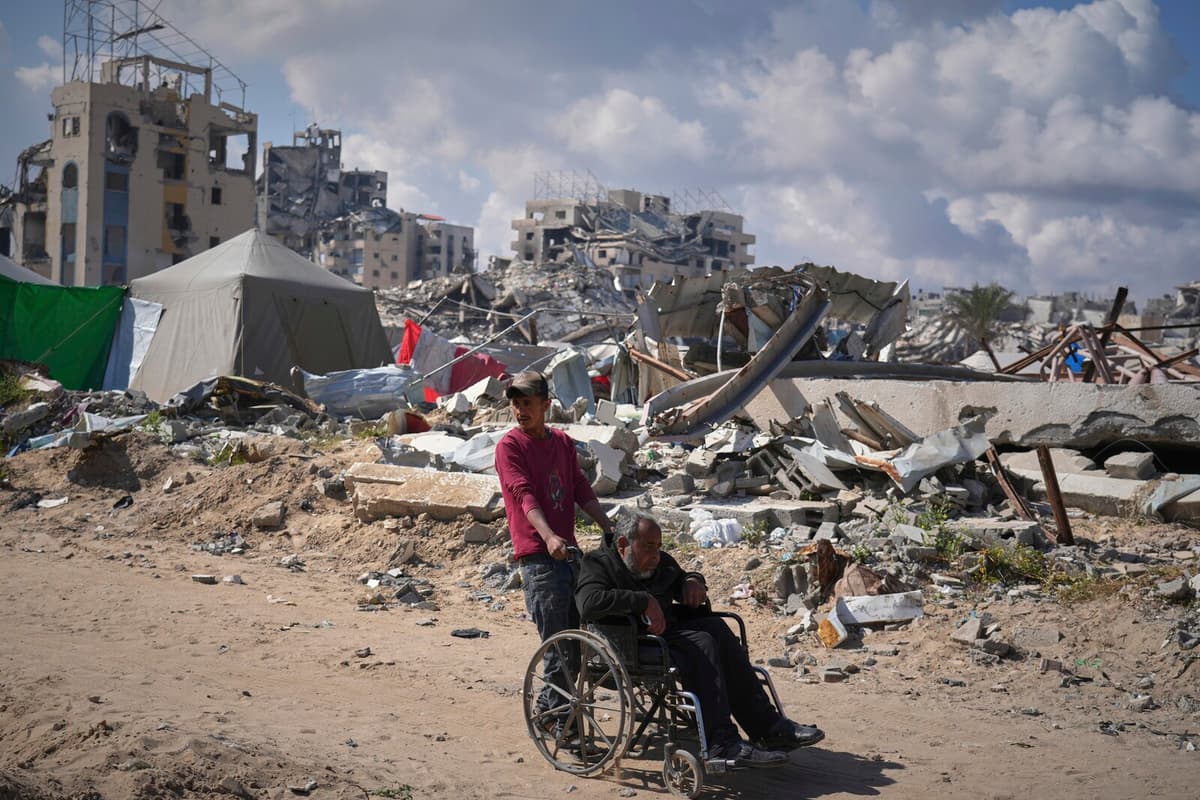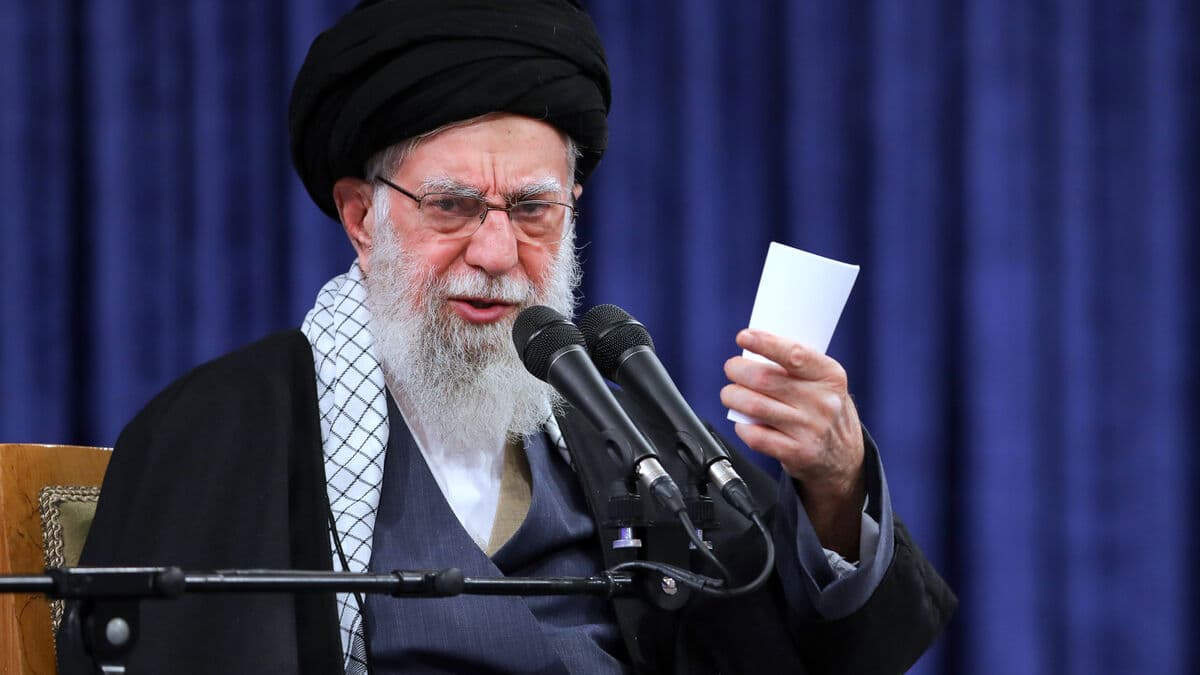He is 54 years old and has lived with the diagnosis of kidney failure for almost 15 years. Several times a week, Mohammad Attiya has to take himself from his temporary residence to al-Shifa hospital in Gaza City to receive dialysis.
Previously, he has always been able to go to the hospital, but since the treatments have been rationed, his condition has deteriorated so that he now sits in a wheelchair.
There are no transports. The streets are broken, says Attiya.
His blood is now only partially cleaned at each occasion, and Attiya says that the waste products that have remained in his body have started to give him hallucinations.
Six out of seven destroyed
The occupation does not care about suffering and sick people, says he, referring to Israel's hard grip on the Palestinian area, which means that not even medicines and other healthcare goods can now be brought in.
This life is hard and expensive.
Before the war, there were seven larger dialysis clinics in the Gaza Strip. Six of them are now destroyed, according to the World Health Organization (WHO). The 182 dialysis machines have been scattered, and approximately a hundred are believed to still be usable.
"The lack of equipment is exacerbated by the fact that the stocks of kidney medicine are down to zero", writes WHO.
Complications arise
And it gives merciless results in the mortality statistics. Ghazi al-Yazigi, dialysis manager at al-Shifa, says that he knew of 1,100 patients when the war began. Since then, over 415 of them have died from kidney failure.
Like Mohammad Attiya, he explains the dire situation with Israel's blockade.
Complications arise, such as increased levels of waste products and fluid, says al-Yazigi about the patients' condition.
And it can lead to death.






